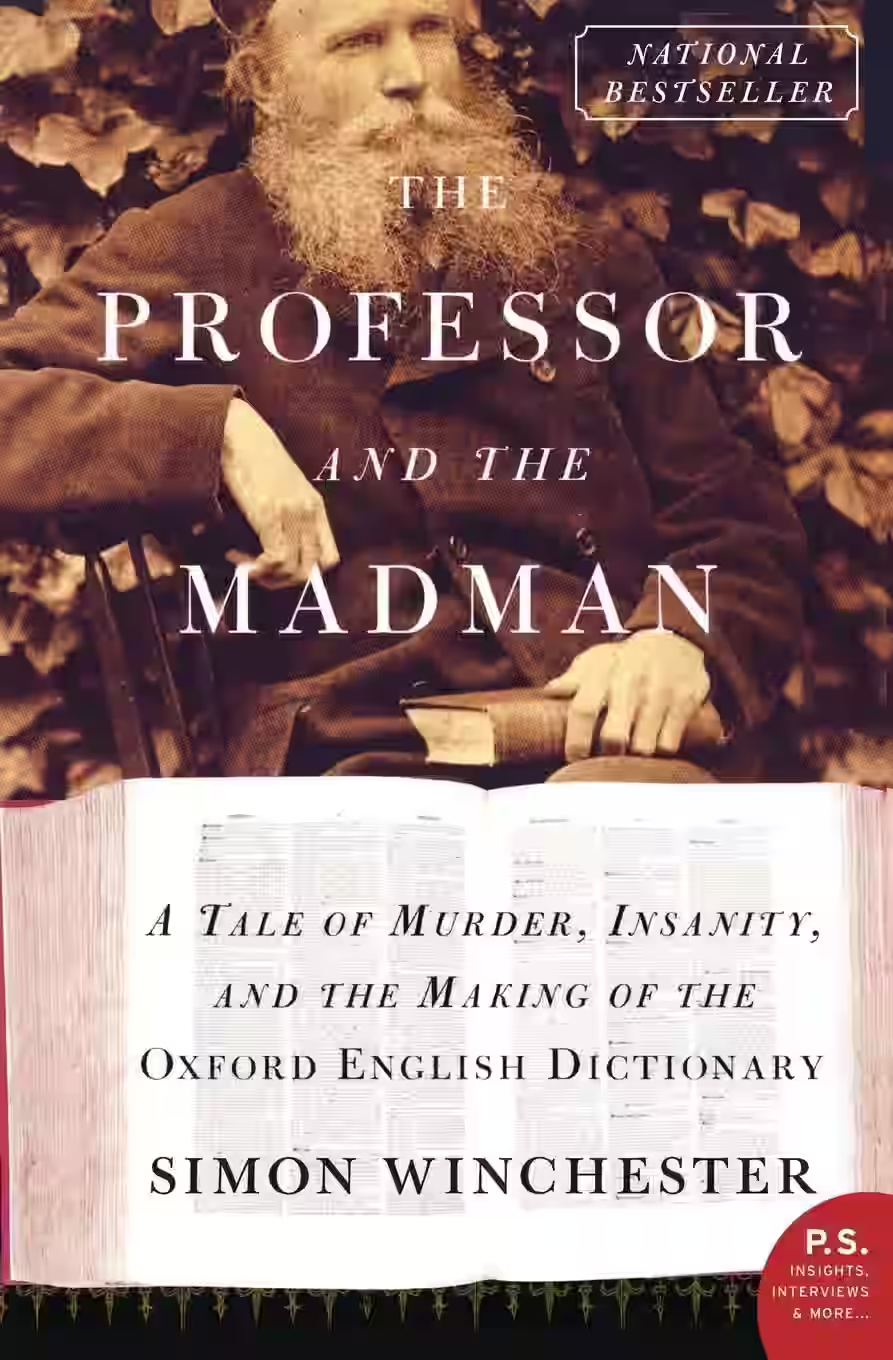
In 'The Professor and the Madman' by Simon Winchester, the author delves into the intriguing story behind the creation of the Oxford English Dictionary. The book follows the relationship between Professor James Murray and Dr. William Minor, a convicted murderer who contributed thousands of words to the dictionary while institutionalized. Winchester skillfully weaves together themes of language, madness, and humanity, offering a compelling narrative of two unlikely collaborators. Through meticulous research and vivid storytelling, he captures the essence of dedication, obsession, and the power of words. This non-fiction work engages readers with its historical richness and profound exploration of the complexities of human nature.
About Simon Winchester
Simon Winchester, a British-American author and journalist, has made a significant mark on the literary world with his captivating non-fiction works that seamlessly blend history, science, and geography. Born in London in 1944, Winchester's background as a geologist has undoubtedly influenced his detailed and meticulous approach to storytelling. His remarkable ability to unravel complex subjects and make them accessible to the masses is evident in bestsellers like 'The Professor and the Madman', 'Krakatoa', and 'The Map that Changed the World'. Winchester's impactful writing style, rich in research and vivid narration, has earned him numerous accolades and a loyal readership around the globe.
Similar Books
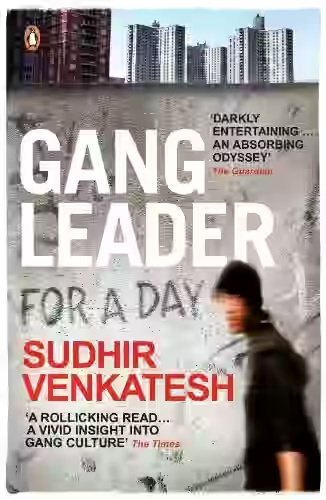
Gang Leader for a Day
In this gripping ethnographic memoir, sociologist Sudhir Venkatesh recounts his time embedded within a Chicago gang. Hoping to study urban poverty, he befriends a gang leader and gains unprecedented access to the daily operations of the Black Kings. What he finds is a complex underground economy and a surprising code of conduct. Venkatesh balances storytelling with sociological insight, humanizing gang members while exposing the systemic issues they face. Gang Leader for a Day is a powerful, eye-opening look at life in marginalized communities and how informal power and survival operate in America’s inner cities.
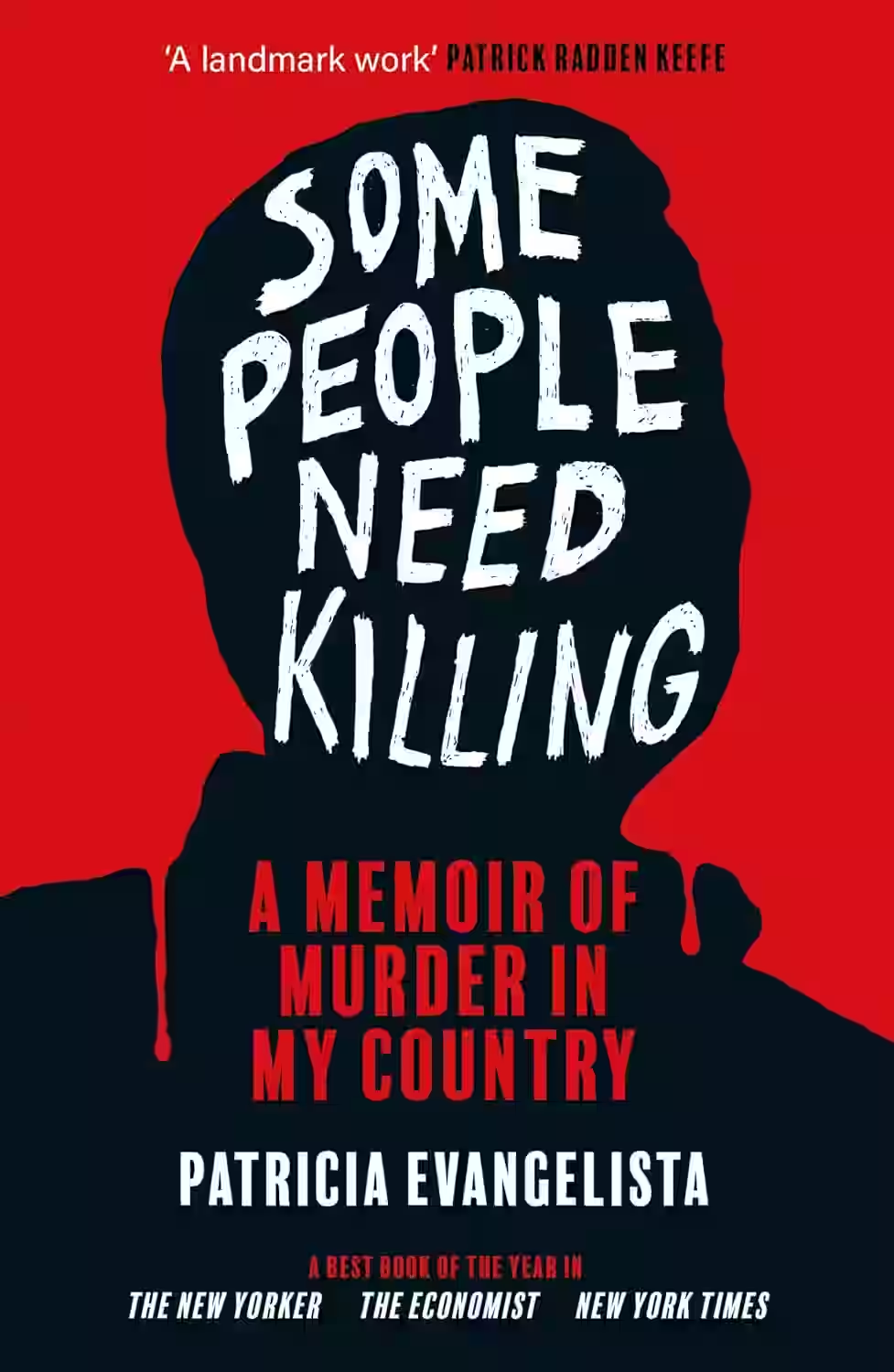
Some People Need Killing
In this harrowing and deeply reported memoir, journalist Patricia Evangelista documents Rodrigo Duterte’s brutal war on drugs in the Philippines. Drawing from years of firsthand reporting, Evangelista chronicles the violence, propaganda, and moral disintegration that defined a nation’s descent into authoritarianism. Through vivid narratives of victims, enforcers, and survivors, the book becomes a powerful indictment of state-sponsored killings and a meditation on fear, complicity, and resistance. Some People Need Killing is both a work of fearless journalism and a profoundly personal reckoning with truth and accountability in the face of terror.
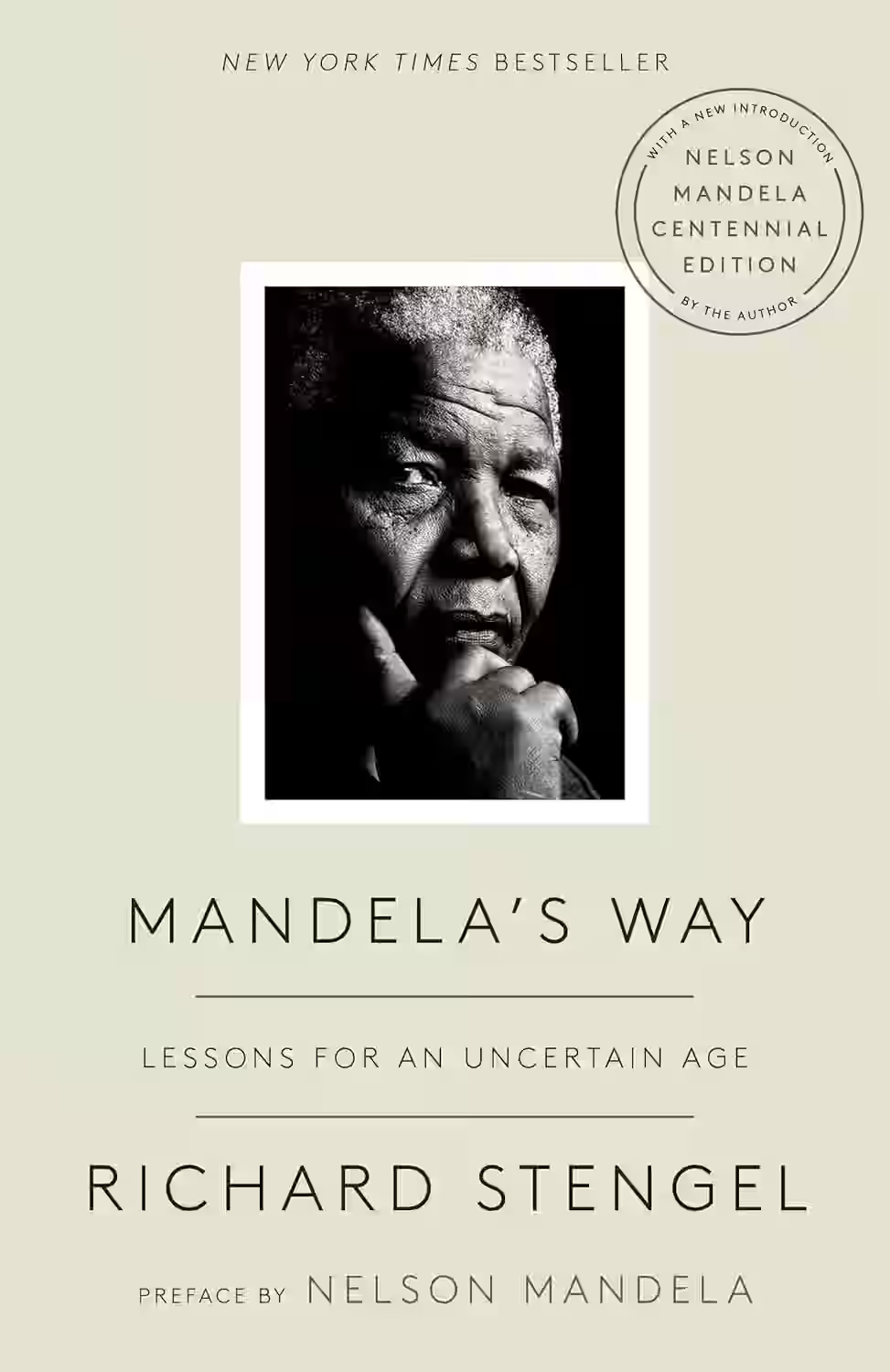
Mandela's Way: Lessons for an Uncertain Age
Written by journalist and Mandela confidant Richard Stengel, Mandela’s Way distills 15 life lessons from Nelson Mandela’s leadership, resilience, and humanity. Through intimate stories and reflections, the book explores how Mandela navigated forgiveness, courage, discipline, and compassion. Stengel reveals Mandela’s thoughtfulness, emotional control, and moral strength in the face of injustice. It’s a guide for living with purpose and dignity, especially in turbulent times. Accessible yet profound, the book offers timeless insights not just on politics or activism, but on how to lead with humility, integrity, and unshakeable conviction.
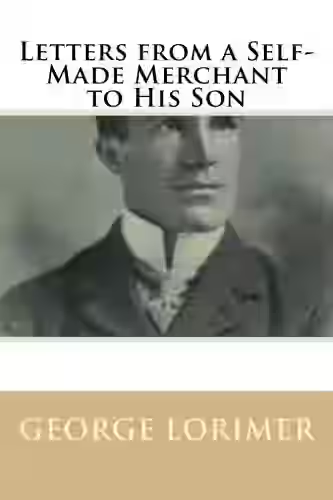
Letters from a Self-Made Merchant to His Son
First published in 1901, this epistolary book presents fictional letters from a successful Chicago pork packer to his college-aged son. Blending wit, business acumen, and life wisdom, the father offers advice on work ethic, integrity, personal character, and money management. Written in a candid and humorous tone, the book delivers old-fashioned common sense that remains surprisingly relevant. It's a manual not just for business, but for becoming a responsible and grounded adult. The blend of fatherly guidance and entrepreneurial insight has made it a classic on both parenting and leadership.